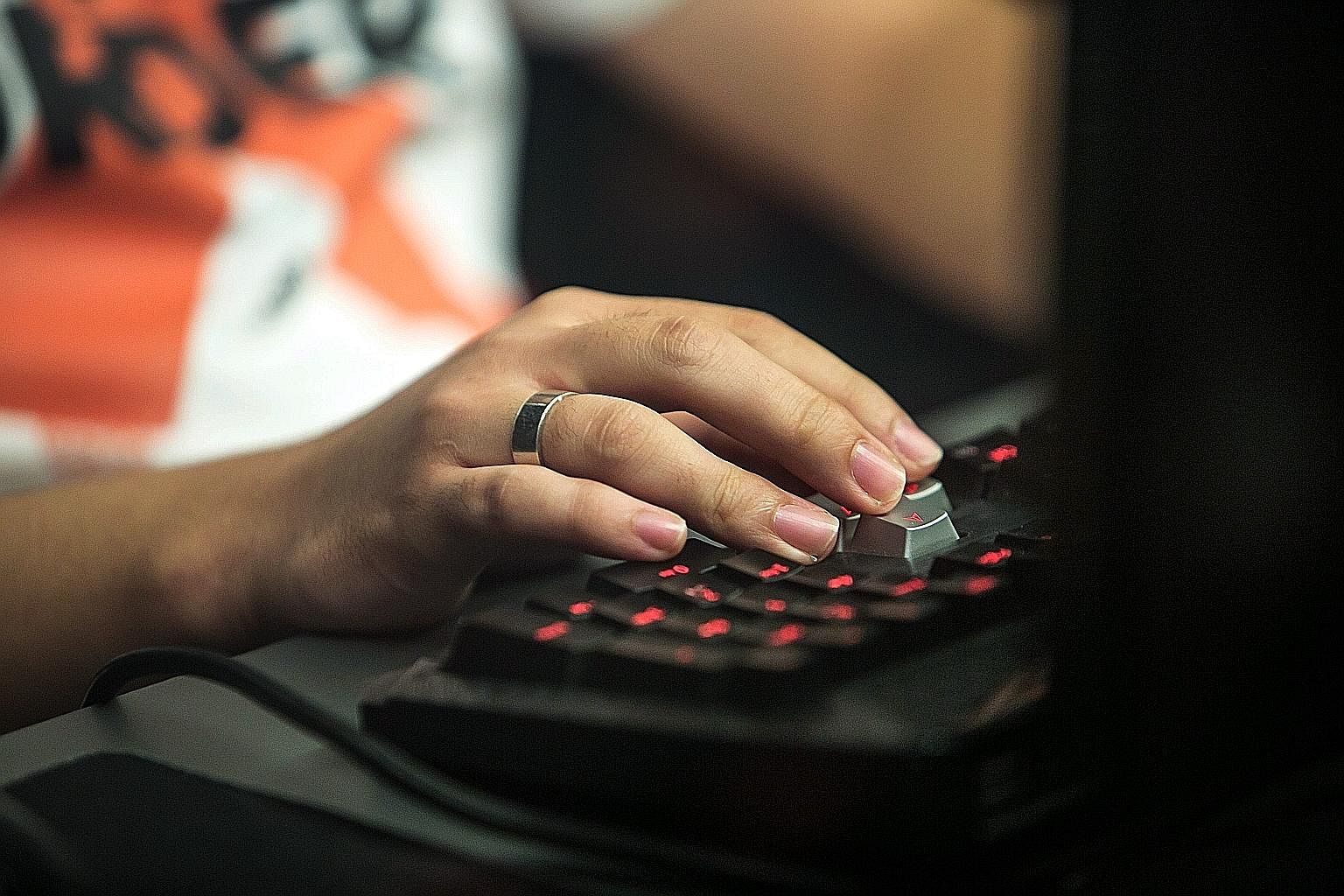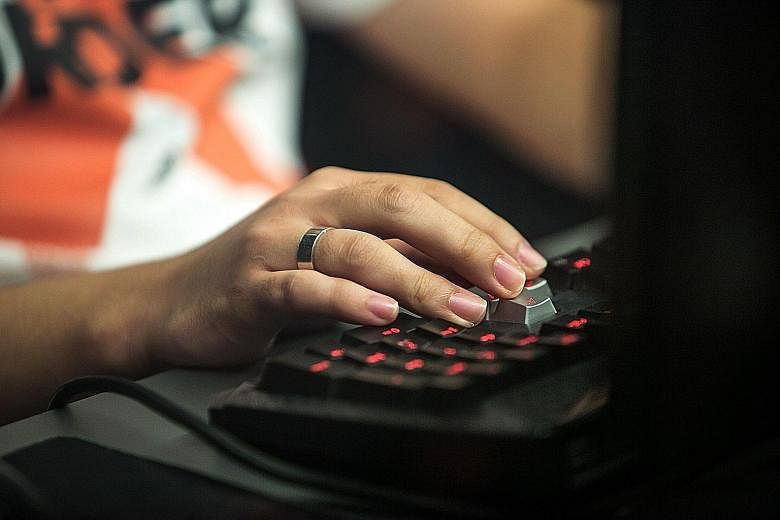Last week, Formula 1 - viewed as the pinnacle of motor sports - announced its entry into the eSports arena with the launch of the Formula 1 eSports Series.
It will be an annual event that pits gamers against each other in the virtual world using the newly released F1 2017 racing game.
This is not new. Fifa, the world's football governing body, has had an annual Interactive World Cup since 2004. Gamers from around the world compete in the Fifa football simulation game by Electronic Arts.
In fact, many football clubs, such as Paris Saint-Germain (which recently bought superstar Neymar), Valencia CF (owned by Singaporean billionaire Peter Lim) and Santos (football legend Pele's first club), have professional eSports teams.
Some of these club-managed eSports teams not only play Fifa, but also other spectator eSports games such as League Of Legends (LOL), Defence Of The Ancients and CounterStrike: Global Offensive.
If you are wondering why eSports - the competitive form of video gaming usually by professional gamers - has gained such impressive traction, the reason is simple. It is becoming an increasingly lucrative business.
The total global revenue for eSports last year, including sponsorship, merchandising, tickets, advertising and media rights, was US$493 million (S$670 million), according to gaming-research firm Newzoo. This represented a 51.7 per cent growth from 2015.

This year, the total global revenue is estimated to hit nearly US$700 million. By 2020, the figure is predicted to reach close to US$1.5 billion.
In addition, eSports is expected to reach a global audience of 385 million this year, according to Newzoo. And the figure is set to grow to 589 million in 2020. That's a lot of eyeballs for potential advertisers.
The eSports athletes themselves are becoming superstars. For example, South Korea's legendary LOL player Faker (Lee Sang Hyeok) is said to be paid up to US$2.6 million a year, with fans chasing him for autographs and selfies.
Perhaps the biggest step yet towards mainstream recognition is that eSports will be an official medal sport at the 2022 Asian Games in Hangzhou, China.
However, the move prompted much scorn and outrage among sports fans. The phrase "eSports athlete" is the ultimate oxymoron, many feel.
This is understandable, as most people's stereotype of a gamer is some acne-faced lazy nerd slouching in front of a computer monitor banging on a keyboard and moving a mouse.
To equate these gamers to athletes like Usain Bolt and Michael Phelps is utter blasphemy.
But research done last year by German Sport University Cologne on eSports athletes found that they are exposed to the same level of physical strain as normal athletes.
Researchers noted that the speed of hand-eye coordination needed for professional eSports was something not observed in other sports, not even table tennis. It was found to be around four times faster than an average person.
The research also found that the amount of stress hormone cortisol produced during eSports games was around the same level as that of a racing driver. No wonder I always feel tired after each gaming session.
Not all sports are the same. Bowling, snooker and darts have also struggled to gain recognition as being real sports, as they lack the physicality of swimming or football.
But the lack of extreme physicality does not equate to being a lesser sport.
Sports is more than just muscle and power. It is also about finesse, skills and strategy. These are traits that eSports, bowling and snooker all share.
So, it is about time that we recognise eSports as a sport, and its athletes as real athletes.
Who knows? Perhaps Singapore might just get another Asian Games gold medal with an eSports athlete in 2022.


